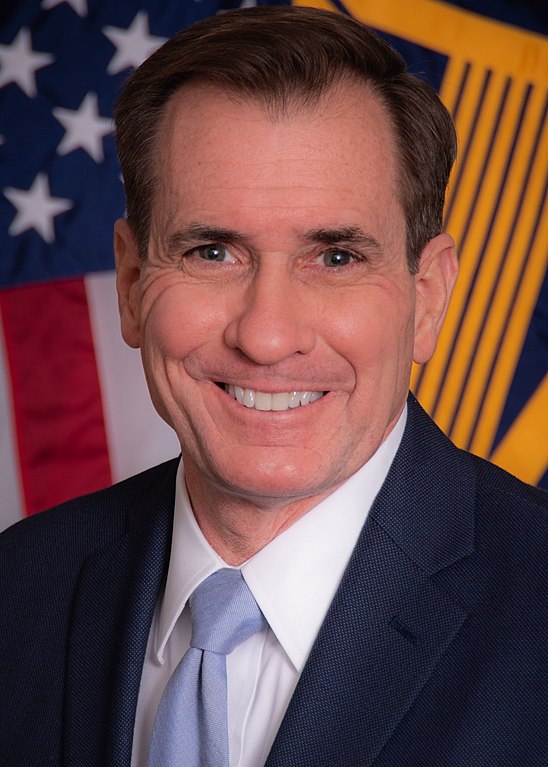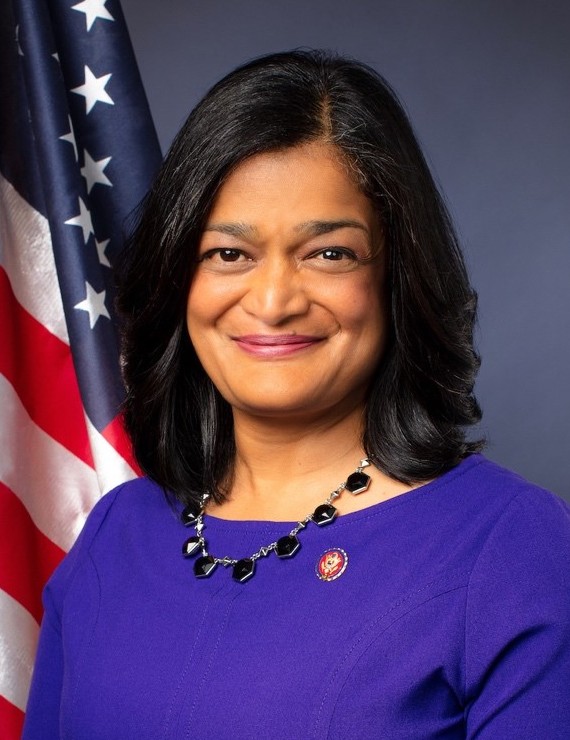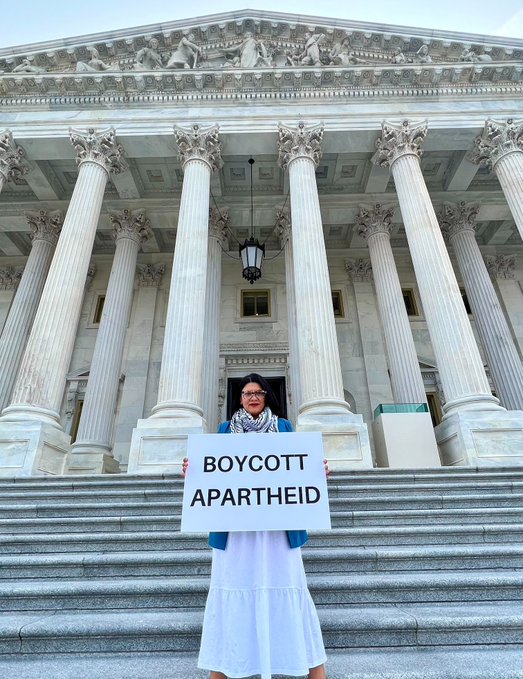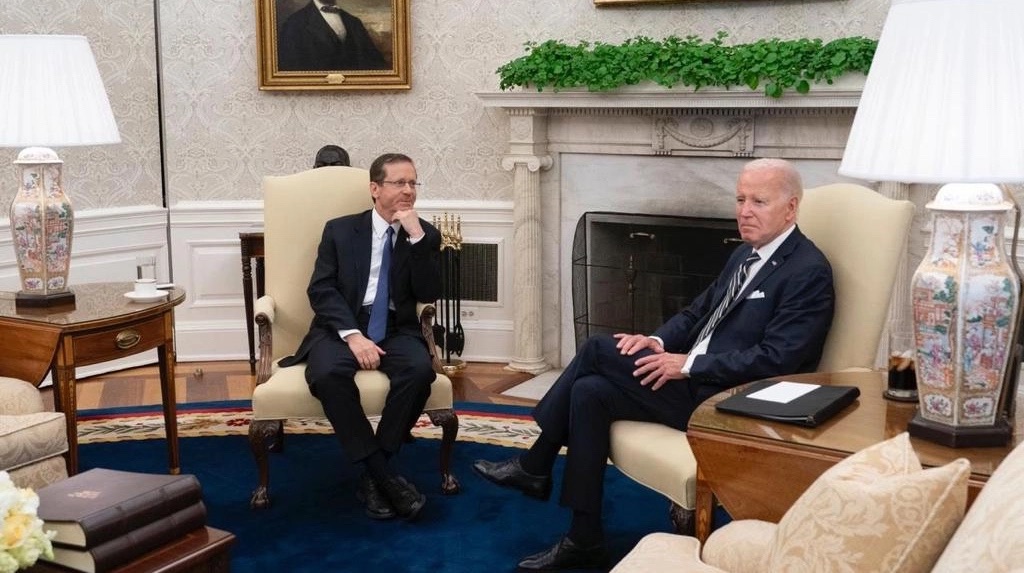Judging by recent events, Israel’s alliance with the United States, its most important and enduring ally, has entered an unsettling period of turbulence.
U.S. President Joe Biden, a Democrat, has criticized Prime Minister Benjamin Netanyahu’s divisive plan to overhaul Israel’s judicial system and has expressed public support for the mass demonstrations breaking out in Israel against it. Critics contend that Netanyahu’s ultimate aim is to weaken the Supreme Court, amass more power, violate civil liberties and human rights, and thereby dilute Israel’s parliamentary democratic system for his own political ends.
Biden is also critical of Israel’s aggressive settlement policy in the West Bank and the Israeli government’s staunch opposition to a two-state solution to resolve the protracted and often bloody conflict between Israel and the Palestinians.
In an unmistakable sign of his displeasure with Netanyahu’s coalition, the most right-wing and religiously conservative in Israeli history, Biden has labelled it as “one of the most extreme” governments in decades.
The Biden administration has boycotted two of its most provocative members, Finance Minister Bezalel Smotrich of the Religious Zionist Party and National Security Minister Itamar Ben-Gvir of the Jewish Power Party, both of whom have called for the annexation of much of the West Bank and decry the notion of Palestinian statehood.
Biden’s cool attitude toward Netanyahu’s government, his sixth since 1996, broke into the open when he declined to invite Netanyahu for a visit to the White House following Netanyahu’s reelection late last year. Much to his disappointment and embarrassment, the Biden administration announced that an invitation would not be issued in “the near term.”
In the meantime, Biden invited Israeli President Isaac Herzog, the brother of Israel’s ambassador to the United States, to Washington. The invitation was regarded a demonstrable snub to Netanyahu, who has been welcomed to the White House by a succession of presidents ranging from Bill Clinton to Donald Trump.
Herzog met Biden at the White House on July 18, assuring him that Israel’s democracy is “strong and resilient.” Referring to the ongoing protests in Israel, Herzog said, “My heart and soul are also in Israel, in the heated debate which we are going through as a society. It is a heated debate, but it is also a virtue and a tribute to the greatness of Israeli democracy.”
Biden hailed the U.S.’ relationship with Israel as “simply unbreakable.” Israel receives almost $4 billion in annual aid from the United States.
The day before, Biden conducted a “warm and long” phone call with Netanyahu, during which he reversed himself and invited him to the United States at some future date. Biden’s aides refused to say when and where their proposed meeting would take place. Nor were they prepared to say whether Netanyahu had made any meaningful concessions to the U.S. to land the invitation.

John Kirby, a spokesman for the National Security Council in Washington, said that Biden’s belated invitation should not be interpreted incorrectly.
“You shouldn’t take away from the fact that they had a conversation and that they will meet again that we have less concerns over these judicial reforms or less concerns over some of the extremist activities and behavior by some members of the Netanyahu cabinet,” he said in an implicit reference to Smotrich and Ben-Gvir. “These concerns are still valid.”
Kirby pointed out that the Biden administration has not retreated from its stated position: “President Biden reiterated in the context of the current debate in Israel about judicial reform the need for the broadest possible consensus, and that shared democratic values have always been and must remain a hallmark of the U.S.-Israel relationship.”
Biden underscored that point in an interview with columnist Thomas Friedman of The New York Times on July 19.
Calling on Netanyahu to achieve a broad consensus with opposition political parties on judicial reforms, Biden urged him to slow down. “Finding consensus on controversial areas of policy means taking the time you need,” he said. “So my recommendation to Israeli leaders is not to rush.”
And in a veiled warning bound to give Netanyahu pause, Biden declared that “the vibrancy of Israel’s democracy … must remain the core of our bilateral relationship.”
Friedman, in his commentary, wrote that Biden is “essentially pleading with Netanyahu and his supporters to understand” that “if we are not seen to share (common) democratic values, it will be difficult to sustain the special relationship that Israel and America have enjoyed for the last 75 years.”
Last week, in a previous column, Friedman claimed that the Biden administration was reassessing its ties with Israel.
Herzog, in a speech to Congress on July 19, sought to clear away fears that Israel may be on the cusp of abandoning its democratic traditions. His message was directed not only at the United States, but at Netanyahu’s government, which already has launched the process of passing far-reaching judicial legislation.
It will be recalled that Herzog, the former leader of the centrist/left-wing Labor Party, tried but failed over a period of three months to broker a compromise agreement between Netanyahu and his political rivals in the center and on the right.
Herzog accentuated the positive in describing Israel’s relations with the United States. “When the United States is strong, Israel is stronger,” he said. “And when Israel is strong, the United States is more secure.”
Prior to his appearance before a joint session of Congress, the sharp divisions within the Democratic Party concerning Israel surfaced when Pramila Jayapal, a congressman woman from Washington who leads the Congressional Progressive Caucus, claimed that Israel is “a racist state.”

More than 40 Democrats denounced Jayapal, forcing her to recant. “I do not believe the idea of Israel as a nation is racist,” she said, but went on to say that Netanyahu’s “extreme right-wing government has engaged in discriminatory and outright racist policies.”

Jayapal’s Democratic colleague, Rashida Tlaib, the only Palestinian American in the House of Representatives, defended Jayapal in a Twitter post: “The Israeli government is committing the crime of apartheid … a racist system of oppression.”
Amid the turbulence, the House of Representatives passed a resolution in support of Israel by a margin of 412-9. Sponsored by the Republican Party, it rejected “all forms of antisemitism and xenophobia and declared that Israel is neither an apartheid nor a racist state.
The vast majority of Democrats voted for the measure, but Representative Debbie Wasserman Schultz of Florida claimed that the Republicans called the vote to score political points against the Democrats.
Nine Democrats, all from the progressive wing, voted against it. Aside from Tlaib, the opponents were: Jamaal Bowman and Alexandria Ocasio-Cortez of New York; Cori Bush of Missouri; Andre Carson of Indiana; Summer Lee of Pennsylvania; Ilhan Omar of Minnesota; Ayanna Pressley of Massachusetts; and Delia Ramirez of Illinois. Betty McCollum of Minnesota voted present. Jayapal supported the resolution.

The resolution spoke to the growing rift between progressive Democrats and the Republicans over Israel. While the Republicans have unanimously embraced Netanyahu and his government, a minority of Democrats have lambasted his policies.
Thomas Friedman, a former New York Times correspondent in Israel, has warned that Biden “may be the last pro-Israel Democratic president.” He could be engaging in hyperbole, but what is undeniably true is that support for Israel in the Democratic Party is gradually crumbling due, in large part, to Netanyahu’s divisive policies.
A Gallup poll this year found that Democrats are more favorably disposed toward Palestinians than Israelis by a margin of eleven points. Millennials in the United States are marginally more sympathetic to the Palestinians.
This should be a wakeup call for Netanyahu and his allies.
